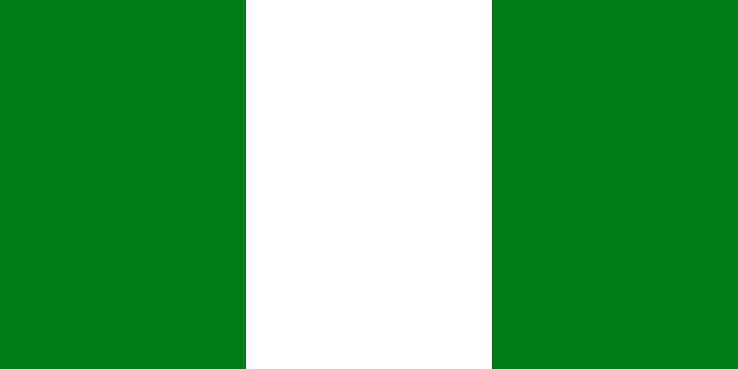NIGERIA: Banks owe telcos N50b as new USSD pricing regime begins

Although the fragile peace between Deposit Money Banks (DMBs) and telecommunications operators over the use and non-payment of charges as appropriate on Unstructured Supplementary Service Data (USSD) remains, the mobile network operators (MNOs) have, however, said the unpaid debt owed them by the banks has risen to N50 billion.
The Guardian gathered at the weekend from the Association of Licensed Telecoms Operators of Nigeria (ALTON) that since the crisis came to the public, the figure rose from the initial N42 billion to N45 billion around April and currently hovers between N47 billion and N50 billion.
The telecoms body said it believed that the DMBs would do what is required and appropriate by defraying the debts as soon as possible. The USSD is said to be about 30 per cent of earnings by DMBs.
It was gathered that after many appeals to the banking community for the prompt or gradual repayment of the debt, the telcos had planned to formally disconnect the banks from the USSD platform on June 10 “but the Central Bank of Nigeria (CBN) intervened, and there was a matching order on the banks to act as appropriate” an industry source said.
“They were also asked to kick-start the new regime of USSD charge of N6.98k.The new USSD charge took effect from June 1,” the source told The Guardian.
Already, banks have alerted their teeming customers of the new price and payment of USSD.
A message from First Bank of Nigeria to its customers at the weekend reads: “Please be informed that you are now required to pay a fee of N6.98 to your Mobile Network Operator for every banking transaction carried out on all USSD banking platforms.
“This means that when you access any banking service using USSD, a fee of N6.98 will be charged to your bank account, which is in turn remitted in full by your bank, to your Mobile Network Provider. First Bank only collects and remits the fees on behalf of the telco for the use of the USSD platform
“Airtime and Data purchases via USSD are however exempt from this charge. Our alternative channels are available for you to transact with us at no charge. Use our digital channels or transact at any Firstmonie Agent location at no additional charge.”
Checks showed that Access Bank’s message on the USSD development also toed the line of First Bank, but it informed its customers that there are other alternative channels that could be used including mobile banking, online banking, and WhatsApp banking.
While the N6.98k is to be remitted directly to the telcos, The Guardian gathered that the representatives of the two sectors will meet anytime soon to discuss the sharing formula.
The decision to charge users was reached in March by the Central Bank of Nigeria (CBN) and the Nigerian Communications Commission (NCC).
The decision was part of an agreement reached with DMBs following a disagreement between banks and telecoms firms over USSD and other text message transaction requests.
The CBN and the NCC had in a joint statement said that the introduction of the new USSD charges is to promote transparency adding that it would be collected on behalf of Mobile Network Operators (MNOs), who provide infrastructure for the services to operate, directly from customers’ bank accounts.
The joint statement by CBN and NCC read, “We are pleased to announce that after comprehensive deliberations on the key issues, a resolution framework acceptable to all parties was agreed thus:
“Effective March 16, 2021, USSD services for financial transactions conducted at DMBs (Deposit Money Banks) and all CBN-licensed institutions will be charged at a flat fee of N6.98 per transaction. This replaces the current per session billing structure, ensuring a much cheaper average cost for customers to enhance financial inclusion.
“To promote transparency in its administration, the new USSD charges will be collected on behalf of MNOs (Mobile Network Operators) directly from customers’ bank accounts. Banks shall not impose additional charges on customers for use of the USSD channel.”
SOURCE: THE GUARDIAN / Adeyemi Adepetun
 Africas leading resource for digital financial services
Africas leading resource for digital financial services


comments